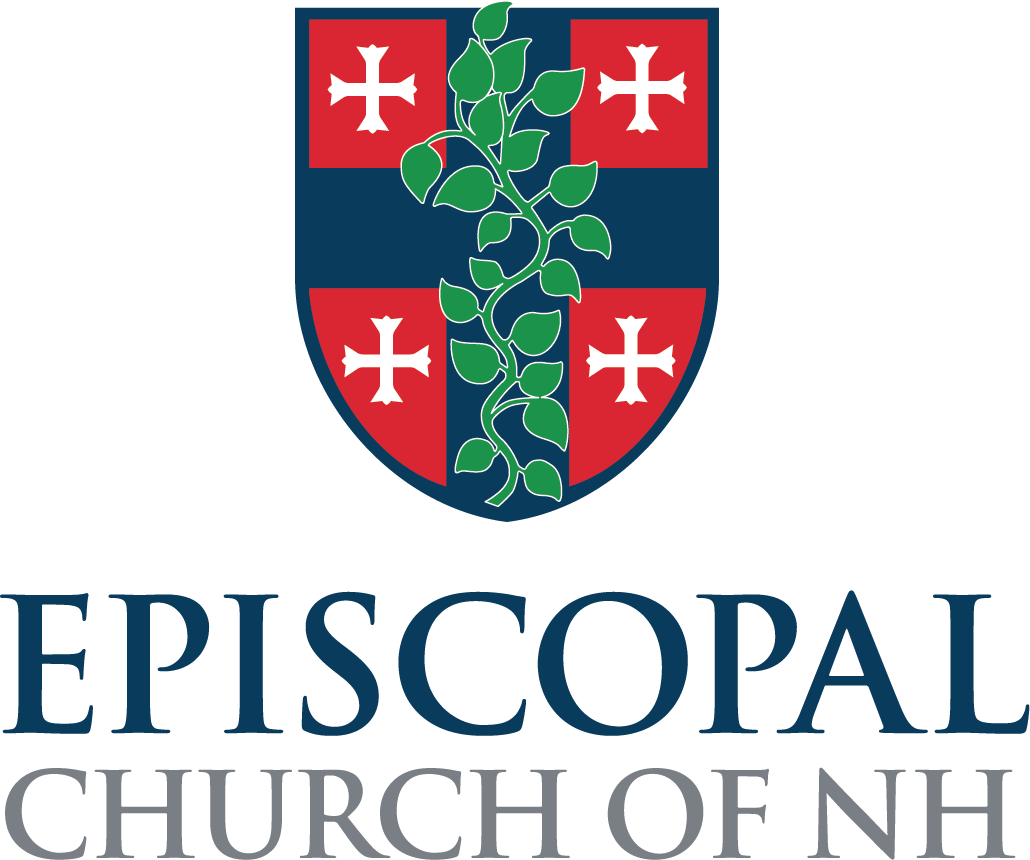Exploring God’s Call
Christ himself granted that some are apostles, prophets, evangelists, pastors and teachers, to equip the saints for the work of ministry, for building up the body of Christ.
Ephesians 4:11-12
Discerning Vocation - Lay and Ordained
As the Book of Common Prayer reminds us, “The ministers of the Church are lay persons, bishops, priests, and deacons” (BCP page 855)
What gives you life in this season? What are your grateful moments? What is the next step on your Way to follow Jesus?
The first step in discernment is to renew your faith through formation and spiritual practices: For example, you can deepen your practice of prayer, practice theological reflection, increase your scripture reading, meet with a spiritual director, create a rule of life, assess your spiritual gifts, or engage in a course of study. Find Christian formation ideas and resources here, and contact Canon of Formation and Vocation, the Rev. Kelly Sundberg Seaman, for more ideas.
The second step is to consult with your priest: Talk with your priest about what questions are emerging as you deepen your faith and seek the presence of God through spiritual practices, exploring your spiritual gifts, and digging deeper into scripture and theological reflection.
Discerning a Ministry as a Lay Person
“The ministry of lay persons is to represent Christ and his Church; to bear witness to him wherever they may be and, according to the gifts given them, to carry on Christ’s work of reconciliation in the world; and to take their place in the life, worship, and governance of the Church.” (Book of Common Prayer, p 855)
In the Diocese of New Hampshire, lay people are called to many roles. They serve in worship as readers, intercessors, Eucharistic ministers, officiants at Morning Prayer, and as preachers. They offer pastoral care and serve as Eucharistic visitors. They teach the faith to people of all ages, and serve as Spiritual Directors. They advocate and act in the public sphere on behalf of God’s mercy and justice. They participate in the governance of the church at every level, serving on vestries and bishop’s committees, as delegates to diocesan convention and as diocesan committees and commissions, on Province 1 leadership bodies, and as deputies to General Convention and as members of Interim Bodies of the wider Episcopal Church.
How are you called to serve as a baptized person?
Find an overview of licensed lay ministry roles here.
Find information about advocacy and action here.
Find an overview of governance roles here.
Discernment Resources
Group discernment programs:
"Finding Faithful Work in an Evolving World" is a discernment course offered through the Bexley Seabury Pathways program. The next cohorts will begin in mid-February and mid-October 2025. Find more information here.
Loving the Questions is a yearlong course and cohort of discerners offered by the Diocese of Western Massachusetts and the Diocese of Massachusetts, and is open to people from New Hampshire. This program begins accepting registrations in July for the 2025-2026 season.
Please connect with Canon Kelly if you’re curious about either of these programs.
Self-guided discernment work, recommended reading:
“Living Into the Answers: A Workbook for Personal Spiritual Discernment” by Valerie K. Isenhower and Judith A. Todd
“The Dream of God” by Verna Dozier
“Let Your Life Speak” by Parker Palmer
“An Altar in the World” by Barbara Brown Taylor
Discerning a Ministry in Holy Orders
“The ministry of a priest is to represent Christ and his Church, particularly as pastor to the people; to share with the bishop in the overseeing of the Church; to proclaim the Gospel; to administer the sacraments; and to bless and declare pardon in the name of God.”
“The ministry of a deacon is to represent Christ and his Church, particularly as a servant of those in need; and to assist bishops and priests in the proclamation of the Gospel and the administration of the sacraments.” (BCP p 856)
The ordination process in the Diocese of New Hampshire follows the Canons of the Episcopal Church (especially Title 3: Of Ministry). The process is directed by the Bishop, managed on the Bishop’s behalf by the Canon for Vocation and Formation, guided by the Commission on Ministry (COM), and affirmed by the Standing Committee.
“Questions and Thresholds: An overview of the ordination process for Deacons and Priests in the Diocese of New Hampshire” outlines the path through discernment and formation towards ordination as a Deacon or Priest. Find that document here.
Forms and documents (for individuals and their sponsoring congregations) related to the discernment and ordination process are linked from this webpage. And though the Canons and diocesan policies set out a framework for the ordination process, the path through formation and towards Holy Orders is never merely a matter of following a process and checking boxes, but one of ongoing prayerful, mutual discernment, and trust in the Holy Spirit.
